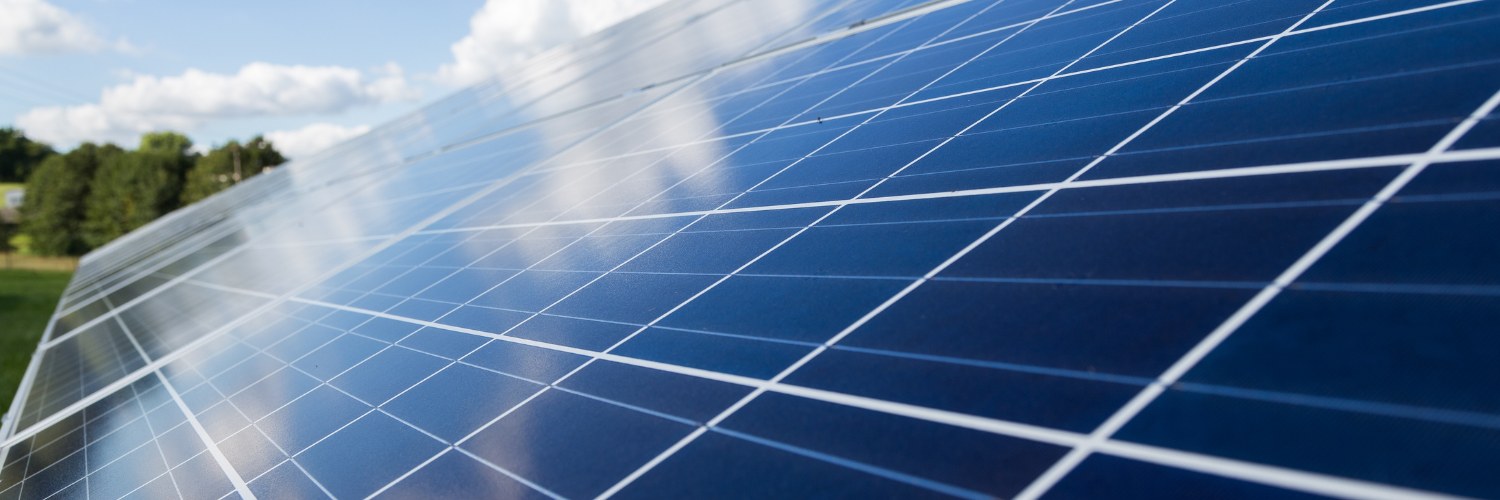Why Solar Energy is the Future of Sustainable Living
As the global demand for clean and efficient energy sources rises, solar power has emerged as a leading solution. It is not just an alternative energy source—it is shaping the future of how we power our lives. With technological advancements and growing awareness about environmental sustainability, solar energy stands at the forefront of the sustainable living movement.
1. Solar Energy is Clean and Renewable
Solar power is generated from sunlight, a resource that is abundant, inexhaustible, and freely available. Unlike fossil fuels, it produces no greenhouse gas emissions, no air or water pollution, and does not contribute to climate change. This makes it a critical component in reducing the world’s dependence on non-renewable energy sources.
2. Significant Reduction in Electricity Bills
Installing a solar energy system allows households and businesses to generate their own electricity, reducing reliance on the grid. This translates to substantial savings on monthly utility bills. Additionally, with net metering, users can export excess power back to the grid and earn credits, making solar even more cost-effective.
3. Low Maintenance and Long Lifespan
One of the advantages of solar panels is their durability. With minimal maintenance, modern solar panels can last over 25 years. Aside from occasional cleaning and system checks, they require little attention, making them a reliable and long-term investment.
4. Suitable for All Environments
Solar energy can be implemented in a wide variety of settings—from urban rooftops and commercial complexes to remote rural areas. It brings power to places where the traditional electrical infrastructure is either unreliable or unavailable, enabling development and connectivity in underserved regions.
5. Contributes to Global Sustainability Goals
Solar energy supports several of the United Nations Sustainable Development Goals (SDGs), including clean energy access, climate action, and sustainable cities. Choosing solar is not just a financial decision—it is an ethical commitment to future generations.
6. Advancements in Solar Technology
The solar industry continues to evolve rapidly. Innovations like PERC solar cells, thin-film technology, and smart inverters have increased the efficiency, affordability, and adaptability of solar energy systems. Battery storage options also allow users to store energy for use during non-sunny hours, enhancing reliability.
7. Government Incentives and Support
Governments across the world, including India, are promoting solar adoption through various schemes. These include capital subsidies, tax benefits, low-interest financing, and streamlined net metering policies. Such initiatives make it easier and more affordable for individuals and organizations to make the switch to solar.
Conclusion: The Path Forward
Solar energy is not only a smart economic choice—it is an environmental imperative. As the effects of climate change become more apparent, transitioning to clean energy sources like solar is essential. It empowers individuals, reduces environmental impact, and paves the way for a sustainable future.
At Biz Solar Energies, we are committed to helping you make the transition to solar power smoothly and efficiently. Whether for residential, commercial, or industrial use, our team provides end-to-end support tailored to your energy needs.
Get in touch with us today and take your first step toward a cleaner, greener tomorrow.

